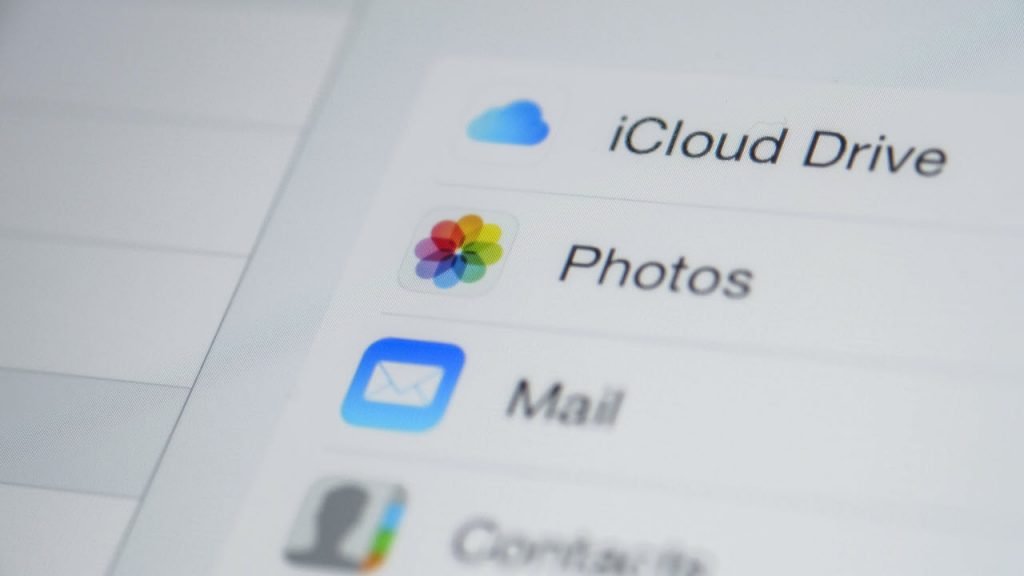Apple’s new move to use a “differential privacy” algorithm for its browser-based Safari could be bad news for your privacy. The company claims the change will help users avoid targeted ads, but it might mean that companies can monitor your browsing history without you knowing.
Apple’s plans to install Client-Side Scanning (CSS) in US iPhones to look for pictures of child sexual abuse may open the door to widespread monitoring and expose millions of people to vulnerabilities.
CSS allows you to analyze data on your device in real time. In an ideal world, if anything suspect is discovered on a phone, the presence of the questionable item, as well as the source, may be reported to the appropriate authorities; otherwise, little to no information leaves the phone.
However, experts from Harvard Kennedy School, MIT, and the University of Cambridge, among others, believe that utilizing CSS may pose significant security and privacy concerns. The help it offers, on the other hand, is “difficult.”
HTC introduces the immersive Vive Flow glasses to “go with the flow” in the news.
Is it abuse in the name of protection or abuse in the name of protection?
While proponents of CSS may claim that it resolves the age-old argument between encryption and public safety in the sense that it is end-to-end encrypted and helps in the investigation of some fairly severe crimes, critics contend that it does not. CSS, on the other hand, is designed to be vulnerable.
The above-mentioned academics have published a 46-page study describing the dangers of CSS. “Neither effective crime prevention nor monitoring are guaranteed by CSS. In fact, the result is the polar opposite. CSS, by its very nature, poses significant security and privacy concerns to the whole society, while the help it may offer to law enforcement is at best inconvenient. Client-side scanning may fail, be circumvented, and be exploited in a variety of ways.”
According to the article, even before Apple disclosed their method, the European Union intended to utilize this technology to search for additional pictures.
When pictures on iPhone users were uploaded to the cloud, Apple intended to employ a method called “perpetual hashing” to match them to known images of child abuse. If 30 or more similar photos are discovered, the problem will be reviewed manually before being sent to the appropriate law enforcement agency.

Following an outcry from privacy advocates last month, Apple was compelled to put the deployment on hold. According to The Verge, researchers were able to create completely distinct pictures that generated the same fingerprint and would have shown as false positives in Apple’s system, showing the technology’s inefficiency.
Apple, of course, dismissed the discovery as posing no danger to the integrity of its systems. Not only that, but according to The Guardian, many others were able to accomplish the opposite, altering the picture’s mathematical output without affecting the real image, resulting in false negatives.
People can get around the system in a variety of ways. According to the authors of the study, users should deactivate scanners or avoid using phones with CSS entirely.
“Trust must be placed in the software supplier, the infrastructure operator, and the targeted curator. The system’s security may be jeopardized if any of them – or their critical personnel – misbehave or are corrupted, hacked, or coerced.”
WhatsApp now has end-to-end encryption for conversation backups.
The post Apple’s CSAM move may infringe on your privacy, say experts appeared first on by Yadullah Abidi.

